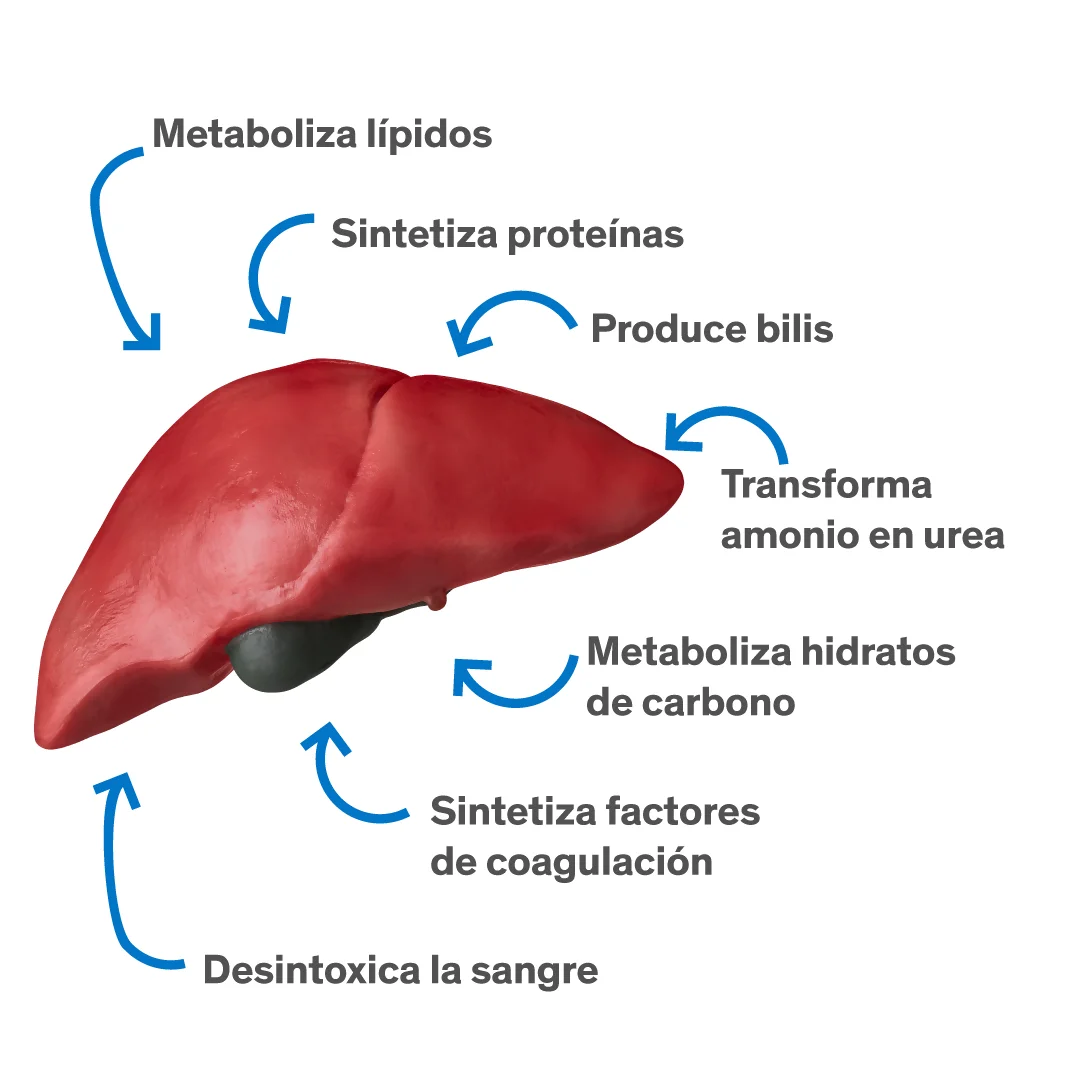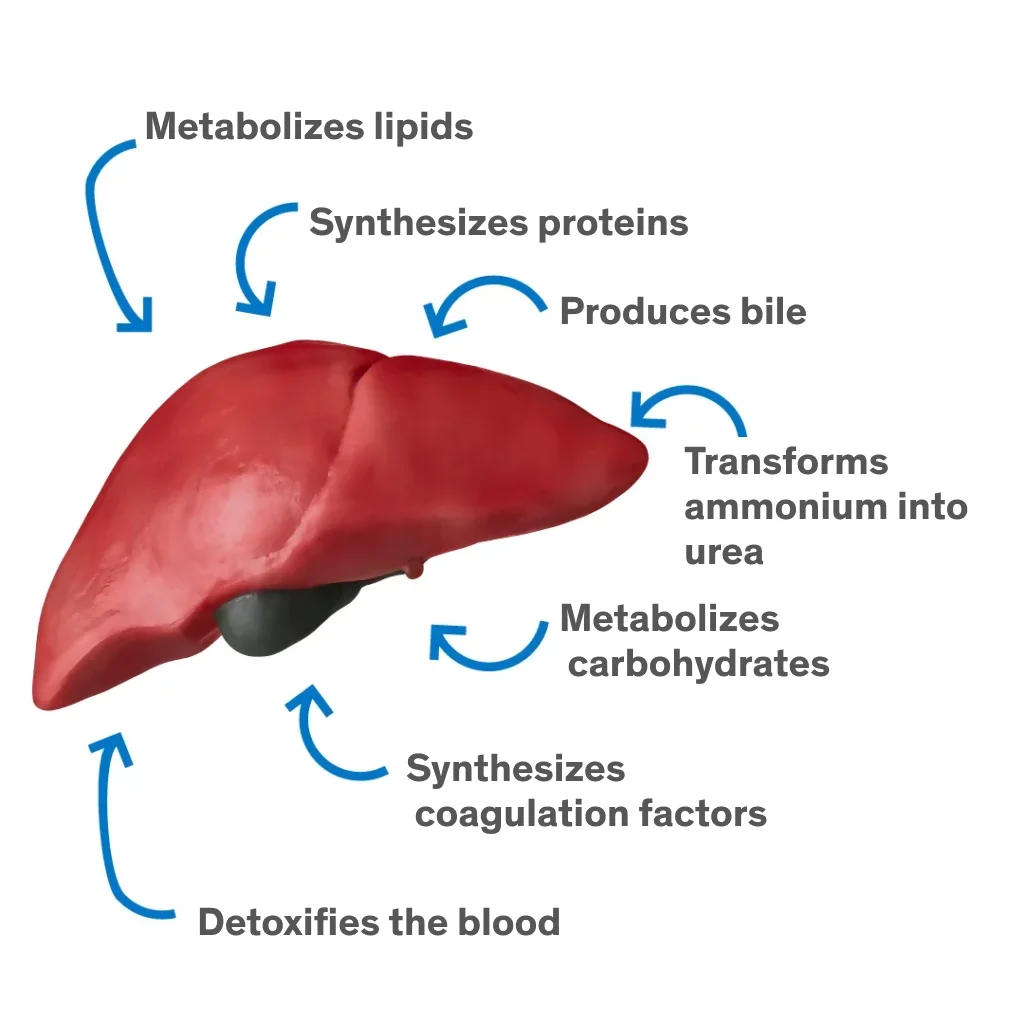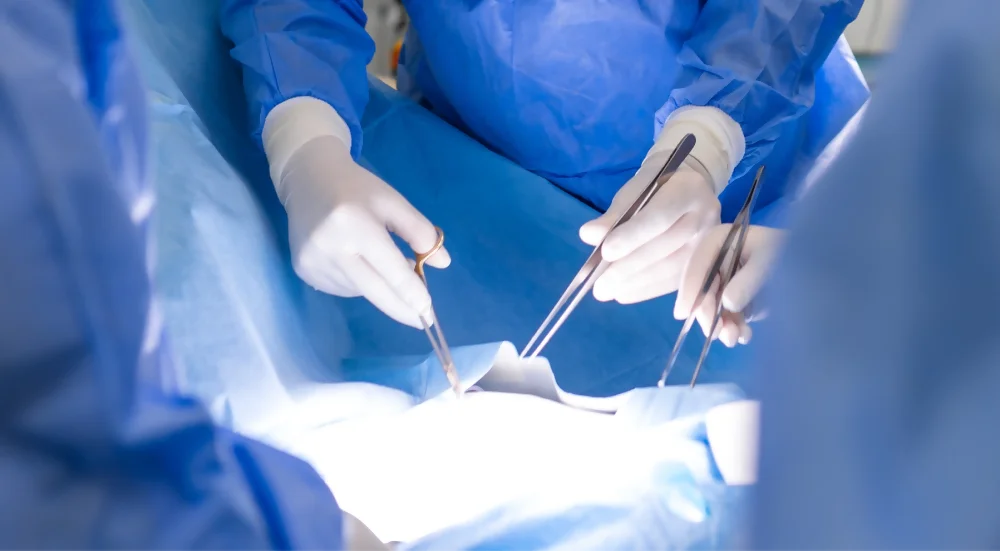Liver Transplant
The liver plays essential roles in digestion, detoxification, and blood flow regulation. It also removes waste from the body and produces clotting factors that are crucial for maintaining healthy blood circulation, among other vital functions.


What is a liver transplant?

A liver transplant is a surgical procedure to replace a diseased liver that no longer functions properly with a healthy one from another person. This new liver can come from someone who has died or from a living donor who donates a portion of their own liver.
A liver transplant is a treatment option for those with liver cancer or those with acute or chronic liver failure that does not improve with other treatments. Cirrhosis is the primary reason for needing a liver transplant.
Process for receiving a liver transplant

- When a patient is diagnosed with a severe condition affecting an organ or tissue, the Internal Transplant Committee at ABC must first evaluate if the transplant will benefit the patient. Once it is determined that the patient is a candidate, they must be registered in the National Transplant Registry database.
- When a patient on the waiting list has a willing donor who meets the legal requirements, a comprehensive evaluation of the donor is conducted to ensure that they are in suitable condition and that their donation is altruistic and voluntary.
- After completing the evaluation, the Internal Transplant Committee approves the decision and documents everything in the medical records of both the donor and recipient. For deceased donors, the allocation of organs or tissues is based on medical criteria such as the severity of the recipient’s condition, the urgency due to imminent loss of life, the timeliness of the transplant, expected benefits, compatibility between donor and recipient, and other medical criteria. The date of registration in the National Transplant Registry (SIRNT) is the last criterion considered in the allocation.

Liver transplant from deceased donor

Once a potential donor is identified with a diagnosis of brain death and authorization from the responsible family member is obtained, you will be notified and must go to the hospital immediately. There, the medical team will conduct an examination to ensure you are in optimal condition for the surgery.
The liver transplant surgery is performed under general anesthesia, and the duration of the surgery can extend up to 12 hours, depending on your medical situation.
Once the new liver is in place, you will be transferred to the intensive care unit to begin the recovery process.


After a liver transplant

After a liver transplant, you are likely to spend several days in the intensive care unit and 5 to 10 days in the hospital. Following this, you will continue with frequent medical check-ups at home and take lifelong medications to prevent rejection of the new liver. Full recovery may take at least six months or more, depending on your health before the transplant.
Risks of liver transplant surgery
There are risks associated with liver transplant surgery, as well as with the medications needed to prevent rejection of the donated organ. Surgical risks include complications with the bile ducts, bleeding, blood clots, and potential failure of the donated liver. Additionally, anti-rejection medications may cause side effects such as bone thinning, diabetes, diarrhea, and other health issues due to their immunosuppressive action.


Every effort will be made to ensure that the donor is as compatible as possible with the recipient to minimize the risk of rejection.
Frequently Asked Questions
Where to Find Us

Campus Observatorio
Sur 136 No. 116, Col. Las Américas, Álvaro Obregón, 01120, Cd. de México.

Campus Santa Fe
Av. Carlos Graef Fernández 154, Col. Santa Fe, Cuajimalpa, 05300, Cd. de México.



